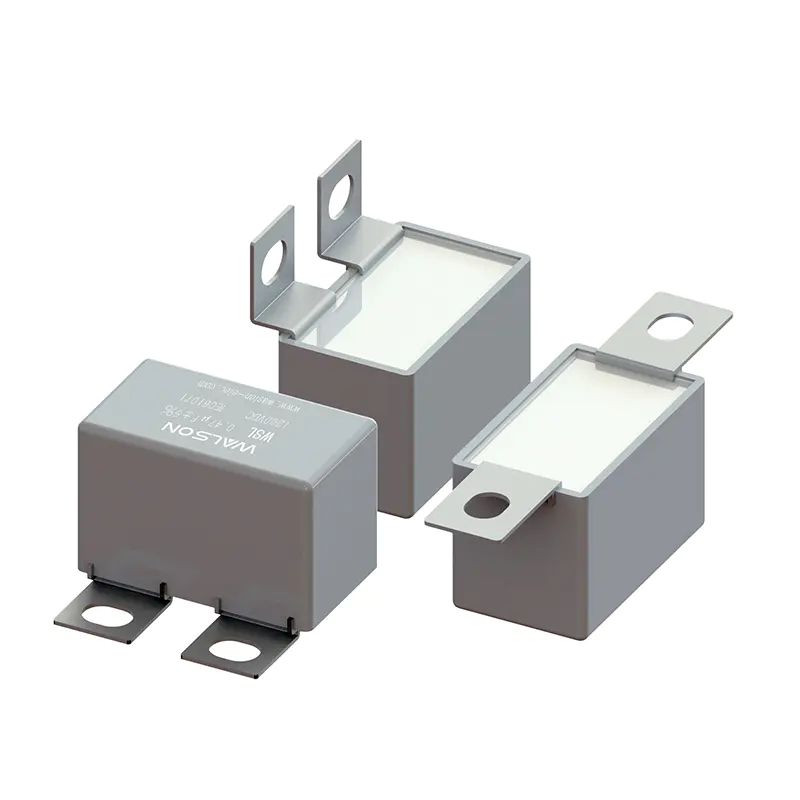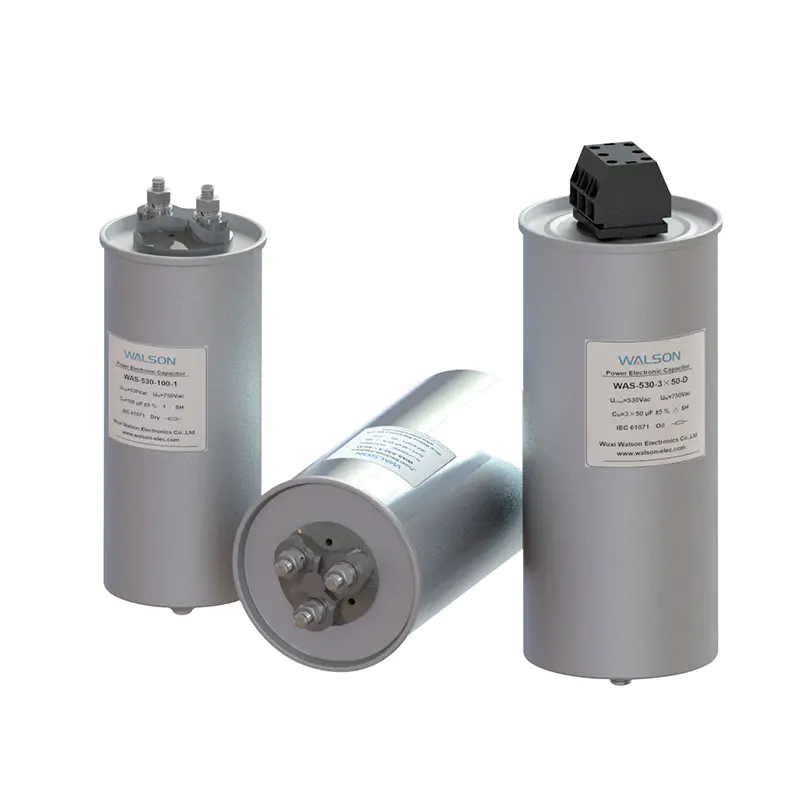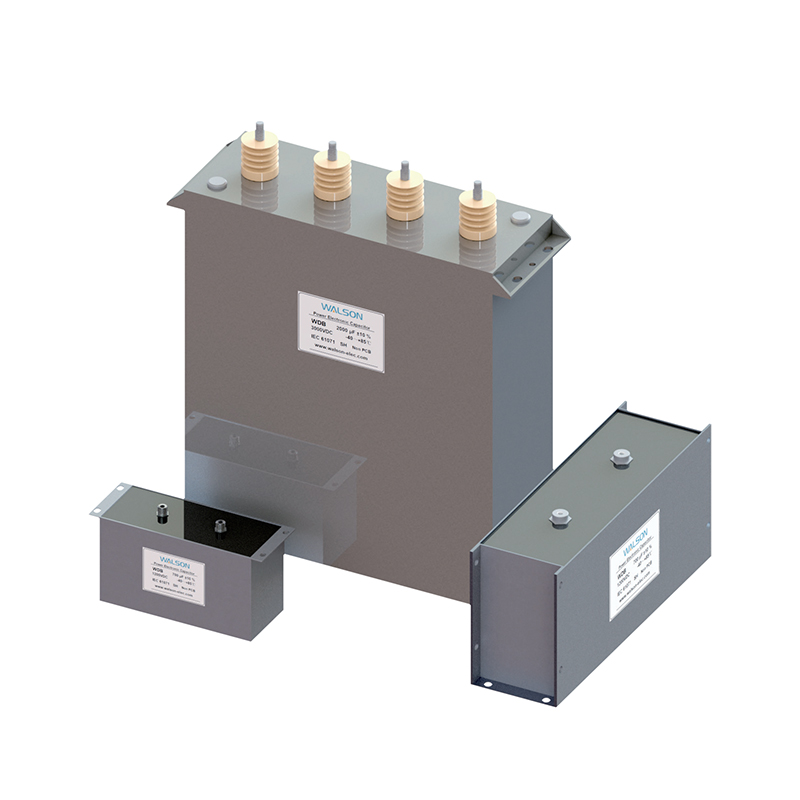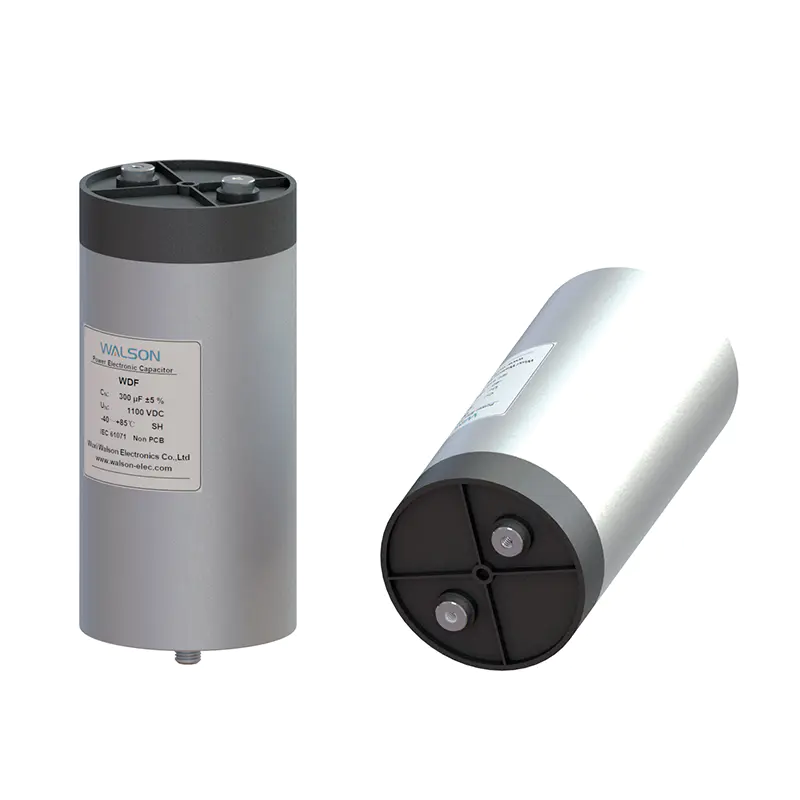- Home
- Products
- Applications
- Capacitors for Household Appliances
- Capacitors for Power Supply
- Capacitors for LED Lighting
- Capacitors for Mobile And DSL Appliances
- Capacitors for Automotive& Vehicles
- Capacitors for Photovoltaic Inverters
- Capacitors for Wind Power Plants
- Capacitors for Renewable Energy Systems
- Capacitors for Induction Heating
- Capacitors for Medical Equipments
- Capacitors for Industrial Control
- Capacitors for Power Electric
- Capacitors for Rail Transit
- Capacitors for Smart Grid
- Capacitors for University & Research Instituite (High Energy Physics)
- About Us
- News
- Contact Us
-
- Capacitors for Household Appliances
- Capacitors for Power Supply
- Capacitors for LED Lighting
- Capacitors for Mobile And DSL Appliances
- Capacitors for Automotive& Vehicles
- Capacitors for Photovoltaic Inverters
- Capacitors for Wind Power Plants
- Capacitors for Renewable Energy Systems
- Capacitors for Induction Heating
- Capacitors for Medical Equipments
- Capacitors for Industrial Control
- Capacitors for Power Electric
- Capacitors for Rail Transit
- Capacitors for Smart Grid
- Capacitors for University & Research Instituite (High Energy Physics)
Web Menu
- Home
- Products
- Applications
- Capacitors for Household Appliances
- Capacitors for Power Supply
- Capacitors for LED Lighting
- Capacitors for Mobile And DSL Appliances
- Capacitors for Automotive& Vehicles
- Capacitors for Photovoltaic Inverters
- Capacitors for Wind Power Plants
- Capacitors for Renewable Energy Systems
- Capacitors for Induction Heating
- Capacitors for Medical Equipments
- Capacitors for Industrial Control
- Capacitors for Power Electric
- Capacitors for Rail Transit
- Capacitors for Smart Grid
- Capacitors for University & Research Instituite (High Energy Physics)
- About Us
- News
- Contact Us
Product Search
Exit Menu
How Thermal Resistance of AC Film Capacitor Shapes Industry Development?
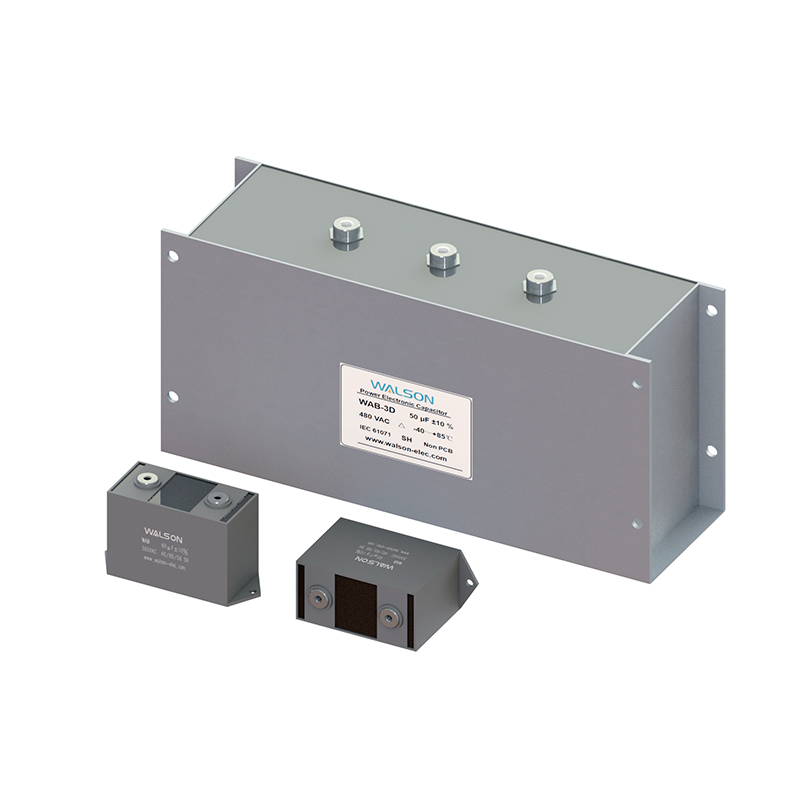
How Thermal Resistance of AC Film Capacitor Shapes Industry Development?
In the evolving landscape of power electronics and industrial electrical equipment, the AC film capacitor has become a core component under the spotlight. Among its multiple attributes, the outstanding thermal resistance has emerged as a decisive feature, ensuring stable operation, long service life, and reliable performance in demanding environments. As the need for efficiency and reliability in electrical systems continues to rise, this feature is playing a pivotal role in industry progress.
Thermal Resistance as the Core Advantage of AC Film Capacitor
The thermal resistance of an AC film capacitor defines its ability to withstand elevated temperatures while maintaining stable capacitance and insulation. In many applications, dielectric materials are exposed to high operating temperatures, which may cause dielectric losses, degradation, or insulation breakdown. By integrating materials with heat endurance, AC film capacitors reduce these risks, directly influencing both operational stability and product longevity.
For systems exposed to unpredictable or fluctuating ambient temperatures, thermal stability ensures that the AC film capacitor continues to deliver low loss and reliable capacitance. This characteristic has become especially valuable in applications involving high-frequency circuits and long-duration operations.
Relationship Between Thermal Resistance and Reliability
Internal heating is one of the primary reasons behind premature component failure in electrical systems. By leveraging advanced film materials and optimized design, AC film capacitors provide enhanced insulation retention at high temperatures. This significantly reduces the probability of failures caused by thermal stress.
Compared with conventional electrolytic capacitors, AC film capacitors display endurance under heat stress. This not only extends the lifetime of the capacitor itself but also enhances the reliability of the entire system. As thermal resistance contributes directly to system uptime and efficiency, it has become a defining quality in high-power and long-cycle operations.
Key Technical Features of AC Film Capacitor
The following table summarizes the essential attributes of AC film capacitors in terms of thermal performance:
| Feature Dimension | Technical Behavior | Industry Significance |
|---|---|---|
| Thermal Range | Maintains stable capacitance at elevated temperatures | Adaptation to complex operating conditions |
| Insulation | Insulation performance remains stable in high-heat environments | Enhances circuit safety and reliability |
| Service Life | Minimal capacitance decay over extended operation | Prolongs the overall equipment lifespan |
| Power Adaptability | Stability under high power and frequency conditions | Supports advancements in power electronics and motor systems |
Advantages in Power Electronics
In power electronics, efficiency and reliability are paramount. The AC film capacitor, with its strong thermal resistance, ensures consistent performance under demanding conditions. Whether applied in inverters, power factor correction circuits, or AC motor run systems, it maintains low dielectric losses and stable operation.
For example, in power electronics applications, reduced dielectric loss contributes to lower energy waste and higher overall system efficiency. Similarly, in motor circuits, the capacitor’s ability to resist high-temperature degradation helps prevent insulation breakdown, safeguarding continuous motor operation.
Lifespan Extension Through Thermal Resistance
The endurance of an AC film capacitor under thermal stress directly correlates to its service life. Capacitors with thermal resistance can sustain extended operation without rapid performance decay, making them an essential choice for HVAC systems, industrial automation, and other high-demand environments.
Downtime due to capacitor failure often results in significant operational and financial costs. By extending operational longevity, AC film capacitors minimize such risks, ensuring continuous operation and cost savings.
Comparison With Other Capacitor Types
When evaluating the difference between AC film capacitor and electrolytic capacitor, thermal resistance stands out as a key differentiator. Under long-term high temperature conditions, the electrolyte of electrolytic capacitors often evaporates or dries up, and the performance may deteriorate. By contrast, the film structure of AC film capacitors allows them to retain performance even under thermal stress.
Additionally, in the debate of AC film capacitor vs DC film capacitor, the unique construction tailored for alternating current ensures that these capacitors maintain stability under cyclic voltage stress. In high-frequency conditions, their low-loss characteristic positions them as a choice for power factor correction, motor start-up, and continuous-duty circuits.
Expanding Applications With Thermal Stability
The robust thermal performance of AC film capacitors broadens their application spectrum. They are increasingly employed in HVAC systems where operational conditions fluctuate widely, as well as in renewable energy applications where long service life and reliability are critical.
Thermal stability is not only a technical advantage but also a gateway to industry-wide adoption. As demands for higher efficiency and reduced downtime grow, more systems rely on capacitors that can operate steadily across diverse and challenging environments.
Industry Trends and Future Outlook
The industry outlook for AC film capacitors indicates that thermal resistance will remain a focal point of development. The following directions are emerging as clear trends:
Enhanced Temperature Endurance – Ongoing research is focused on dielectric films that can withstand even higher operating temperatures without compromising performance.
Service Life Prediction – Integration of advanced monitoring systems and material science to predict capacitor lifespan more accurately in real time.
Application Diversification – Expansion beyond power electronics and HVAC systems, with significant growth anticipated in electric vehicles, smart grids, and renewable energy infrastructures.
The thermal resistance of AC film capacitor is more than just a technical specification—it is a cornerstone for modern electrical system reliability. By combining stability, long service life, and adaptability to complex environments, this feature positions the AC film capacitor as a vital enabler of efficiency and safety in the power electronics sector and beyond.

 简体中文
简体中文 English
English Español
Español